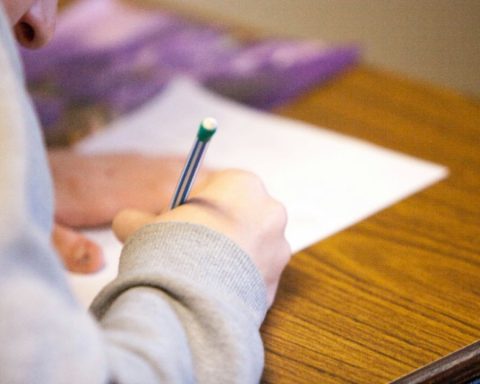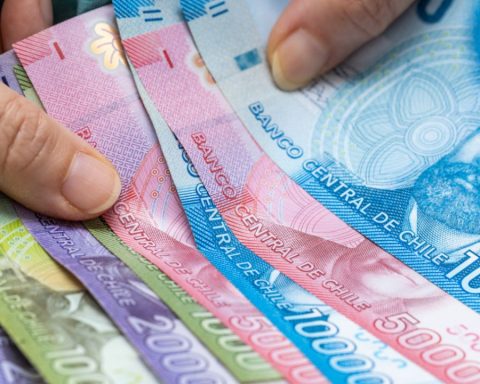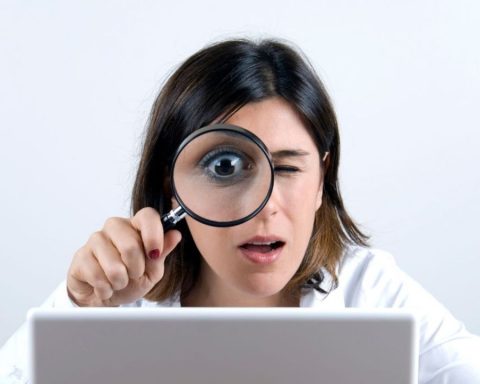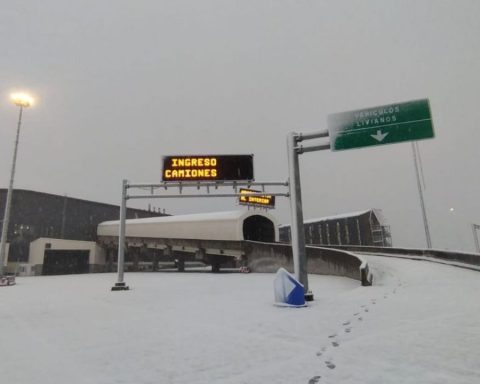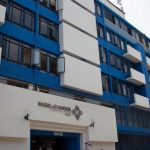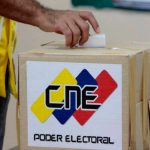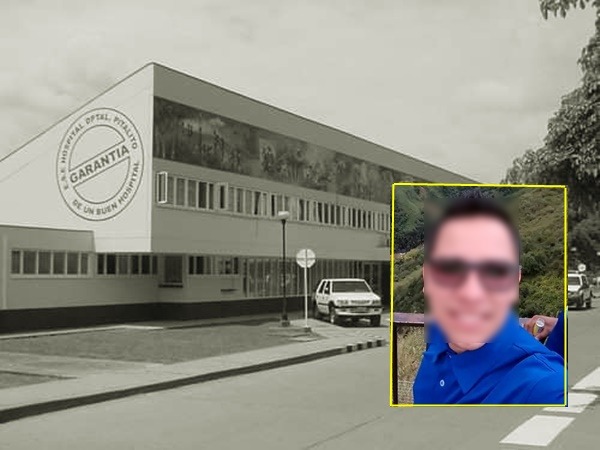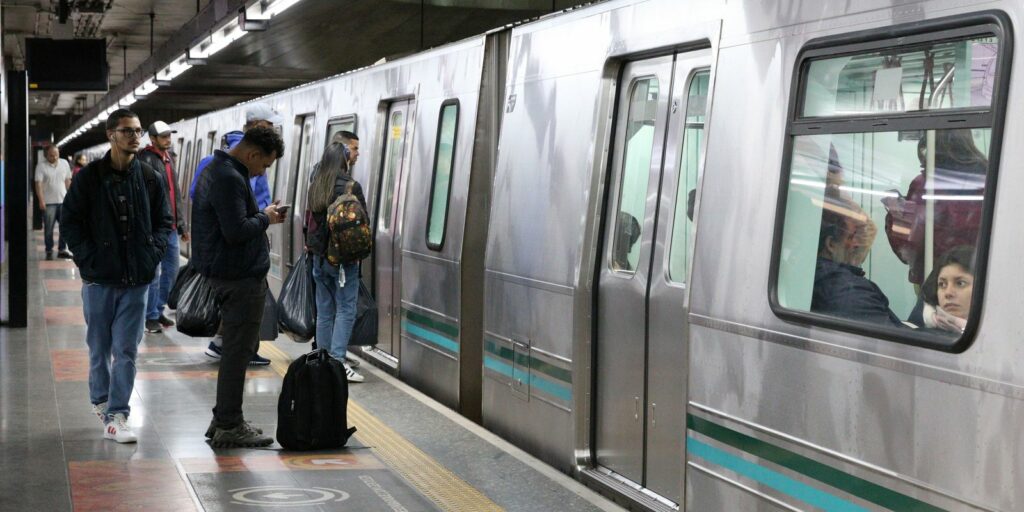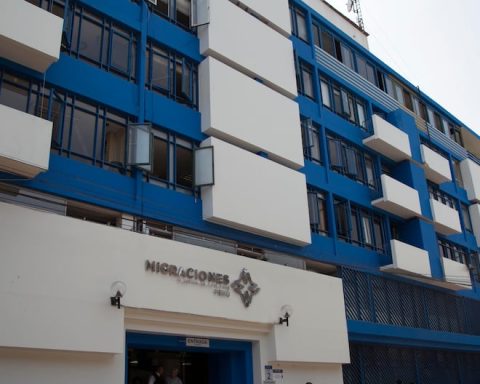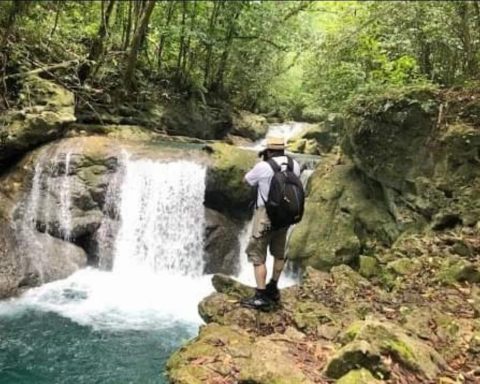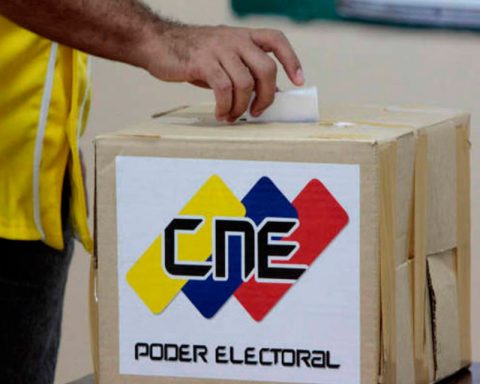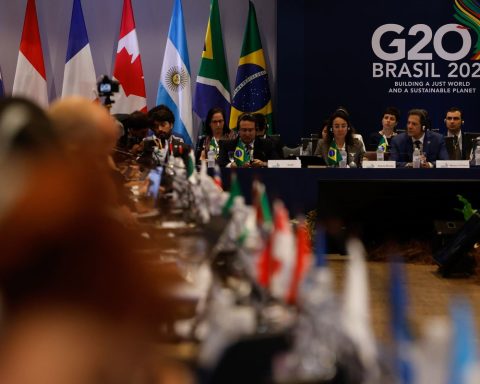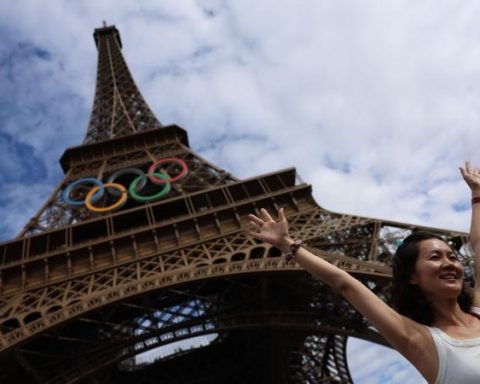The “phone call” made by President Gabriel Boric to the Supreme Court was useless, with the aim of carrying out a new contest that would determine a completely new team for National Prosecutor. This, because during the day yesterday, the Supreme Court defined that it will complete again the fifth of candidates for the election process, the third in less than three months, after the Senate rejected the nomination made by the President of the Republic of the deputy prosecutor head of the Santiago Norte Local Prosecutor’s Office, José Morales, as well as the director of the Specialized Anti-Corruption and Legal Unit of the National Prosecutor’s Office, Marta Herrera.
The highest court in the country confirmed that, this Tuesday, December 27, it will meet in an extraordinary way to once again complete the five candidates. In this sense, one of the most critical of the President’s call to the Supreme Court was Patricio Valdés, who was a member of this high court. in conversation with The counterassured that Boric was “badly advised”.
It may interest you:
-The Minister of the Segegob, Camila Vallejo, stated that the Government will study the possibility of changing the contest for National Prosecutor and that they will address it “when this process is closed.” Do you think the terms of the process should be changed?
-The system for choosing the National Prosecutor should be different. Prosecutors are collaborators in the administration of justice; another system must be found.
-One in which the Senate does not influence?
-So it seems to me. There is no doubt that the system has been distorted. In the case of the election of prosecutors, it should be by technical terms. Politics has gotten involved in this.
-You said that the calls were inappropriate because they “threatens the independence of the powers of the State” and that could be read as “undue pressure” in the upper echelons of the Judiciary.
-Surely, within the maelstrom, the President was badly advised, because it is always necessary to maintain the independence of the three powers of the State.
-The head of Justice is the one who should establish these contacts?
-What the Minister of Justice should do is, simply, according to what was sent by the machine that the Supreme Court does, talk to the President because he is the one who makes the proposal, and agree with the Senate. The Court has nothing to do with that.
– Do you think that the option that the Supreme Court took this Monday has to do with a response to Boric’s call and that it is an attempt to mark distance between the powers?
-Not at all. I think what the Supreme Court did was comply with the Constitution and the law. I could not do otherwise. The Supreme may make another contest when the candidates to make up the quina are finished.
-From the Government they have faced the problem explaining that the one who appoints the National Prosecutor is the President and that the rejections are a problem of the three branches of the State…
-The Supreme Court makes his team, the President must choose within his constitutional powers whoever he considers most appropriate. The Supreme Court has nothing to do with the story. If you want to agree on something, do it with the political power that is the Senate.
Finally, the Supreme Court holds a contest and has to choose among the people who present themselves, because those are the people who are interested in being a National Prosecutor.
-How much strength will the winner have when the majority of those who remain, among the eight applicants who have the possibility of integrating the fifth, were elected by few votes?
-The Supreme Court, as indicated by the Constitution and the law, opened a contest, only 19 people showed up, and it cannot do otherwise. The Supreme Court can only choose from outside when not enough people show up to complete a team.
-What do you think of the criticism of the head of Justice, who was reproached for not having managed to influence the machine that the Supreme Court prepared?
-The Minister of Justice can probe, but she has nothing to influence the formation of the quina. I am speaking legally and constitutionally. Although the three powers are intertwined, each is autonomous.


